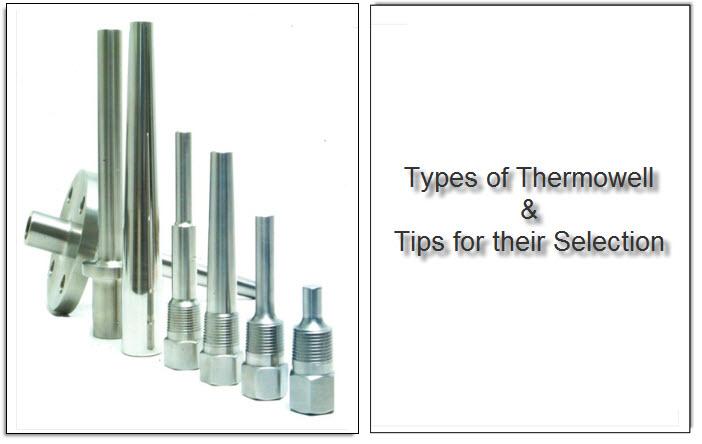aluminum channel magnets, magnetic storage rails, adjustable channel magnets, tool holder magnets, industrial magnetic tracks IT-MAG Magnetic Material Co.,Ltd , https://www.it-magnets.com
Thermowell Types and Tips for Their Selection
Temperature sensors are widely utilized across numerous industries for accurate temperature measurements. These sensors frequently encounter harsh conditions such as high pressure, corrosive environments, and fast-moving materials. Prolonged exposure to such environments can damage the sensors, which is why they are often protected by components known as thermowells. If you're curious about what thermowells are and how they function, this article delves into their details.

### Introduction to Thermowells
According to the American Society for Testing Materials (ASTM), a thermowell is essentially a closed-end tube designed to house a temperature sensor. These devices are engineered with features that ensure a secure attachment to a vessel.
Thermowells safeguard temperature sensors like thermistors, thermocouples, and bimetal thermometers from the damaging effects of the processes in which they are employed.
### Understanding the Various Types of Thermowells
Thermowells are classified based on their process connections or the design of their stems. Here are some of the most popular types of thermowells used across different industries:
- **Threaded Thermowells**: These thermowells are screwed directly into a thermowell threadolet or into the tapped wall of a pipe.
- **Flanged Thermowells**: Featuring a flange collar, these thermowells connect to a pipe nozzle via a mating flange.
- **Socket Weld Thermowells**: These thermowells can either be welded directly into the socket of a weldolet or directly into the pipe wall.
- **Weld-in Thermowells**: As the name suggests, these thermowells are welded directly into the piping or a process vessel.
### Key Considerations for Selecting the Right Thermowell
When choosing the appropriate thermowell for your application, several factors must be taken into account. Below are some crucial tips to guide your selection process.
#### Choosing the Right Material
Thermowells come in various materials, each with unique properties affecting both performance and durability. The choice of material depends on the chemical type, flow rate, and temperature the thermowell will endure. Certain chemicals can be highly corrosive at elevated temperatures and concentrations, while particles in the fluid might cause wear. Here are some commonly used materials:
- **Stainless Steel**: Known for its excellent corrosion resistance, stainless steel is a popular choice for thermowell construction.
- **Carbon Steel**: Used primarily in low-pressure and low-temperature applications due to its cost-effectiveness.
- **Molybdenum/Chromium Steels**: Ideal for pressurized vessels requiring high corrosion resistance.
- **Titanium**: Offers superior corrosion resistance and is suitable for aggressive environments.
- **Inconel®**: Known for its strength and corrosion resistance at high temperatures.
- **Haynes® Alloy**: Often used in carburizing, sulfidizing, and chlorine-filled environments.
- **Monel®**: Resists corrosion and is useful in harsh conditions.
- **Incoloy®**: Offers excellent mechanical properties and resistance to oxidation and corrosion.
- **Hastelloy®**: Known for its exceptional corrosion resistance in extreme conditions.
#### Immersion Length
The immersion length, or insertion length, refers to the distance between the thermowell's connection point and its tip. Longer immersion lengths are generally preferred as they allow more of the temperature-sensitive portion of the sensor to be exposed to the medium being measured.
#### Vibration Resistance
Vibration is one of the primary causes of thermowell failure. Flowing media near the measurement point often induces vibration. To mitigate this risk, it’s advisable to select thermowells with high stiffness to prevent vibration-related issues.
### The Importance of Reliable Suppliers
Thermowells are vital components in many industrial processes. Therefore, it's essential to acquire them from trusted suppliers like *The Transmitter Shop*. They offer thermowells sourced from top-tier manufacturers and provide expert assistance in selecting the perfect thermowell tailored to your specific industrial needs.
### Related Posts
- [Thermowell Types and Tips for Their Selection]
In conclusion, understanding thermowells and their applications is critical for ensuring reliable temperature measurements in industrial settings. By carefully considering material selection, immersion length, and vibration resistance, you can enhance the longevity and effectiveness of your thermowell systems.